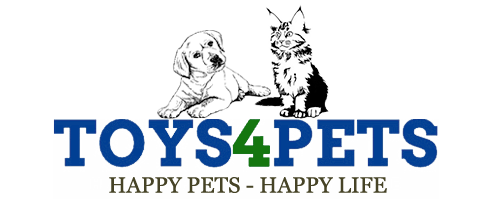Proper nutrition is essential for the health and well-being of our pets. Just like humans, pets require a balanced diet to thrive. However, with so many options available, choosing the best diet for your pet can be overwhelming. In this comprehensive guide, we'll explore the fundamentals of pet nutrition and provide valuable insights to help you make informed decisions about your pet's diet.
Understanding Your Pet's Nutritional Needs: Every pet has unique nutritional requirements based on factors such as age, breed, size, activity level, and health status. Understanding these needs is the first step in choosing the right diet for your pet.
-
Protein: Protein is a crucial component of your pet's diet, providing essential amino acids for muscle growth, repair, and overall health. Ensure that your pet's food contains high-quality protein sources, such as meat, poultry, fish, or plant-based alternatives.
-
Carbohydrates: Carbohydrates serve as a source of energy for your pet. Look for carbohydrates from whole grains, fruits, and vegetables, which provide fiber, vitamins, and minerals. Avoid foods with excessive amounts of fillers or low-quality grains.
-
Fats: Healthy fats are essential for maintaining your pet's skin, coat, and overall health. Opt for foods rich in omega-3 and omega-6 fatty acids, such as fish oil or flaxseed, to support your pet's skin and coat health.
-
Vitamins and Minerals: Vitamins and minerals play a vital role in various bodily functions, including immune function, bone health, and metabolism. Ensure that your pet's diet is balanced and provides adequate amounts of essential vitamins and minerals.
Choosing the Right Diet: When selecting a diet for your pet, consider factors such as age, breed, activity level, and any underlying health conditions. Consult with your veterinarian to determine the best type of diet – whether it's dry kibble, wet food, raw food, or a combination of these options.
-
Commercial Pet Food: Commercial pet foods are formulated to meet the nutritional needs of pets and are convenient options for many pet owners. Look for products labeled as "complete and balanced" by reputable brands that adhere to industry standards.
-
Homemade Diets: Some pet owners prefer to prepare homemade diets for their pets, allowing for greater control over ingredients and quality. If opting for a homemade diet, ensure that it's nutritionally balanced and consult with a veterinary nutritionist to develop a suitable recipe.
-
Specialized Diets: Pets with specific health conditions may require specialized diets tailored to their unique needs. These diets may include prescription diets formulated to manage conditions such as obesity, allergies, or kidney disease.
-
Treats and Supplements: Treats and supplements can complement your pet's diet but should be given in moderation. Choose treats made from wholesome ingredients and consider supplements such as joint support or omega-3 fatty acids based on your pet's individual needs.
Monitoring Your Pet's Health: Once you've selected a diet for your pet, it's essential to monitor their health and adjust their diet as needed. Keep an eye on your pet's weight, coat condition, energy level, and overall well-being. If you notice any changes or concerns, consult with your veterinarian promptly.
Conclusion: Choosing the best diet for your pet is a crucial aspect of responsible pet ownership. By understanding your pet's nutritional needs and selecting a diet that meets those needs, you can help ensure a long, healthy, and happy life for your furry companion.




